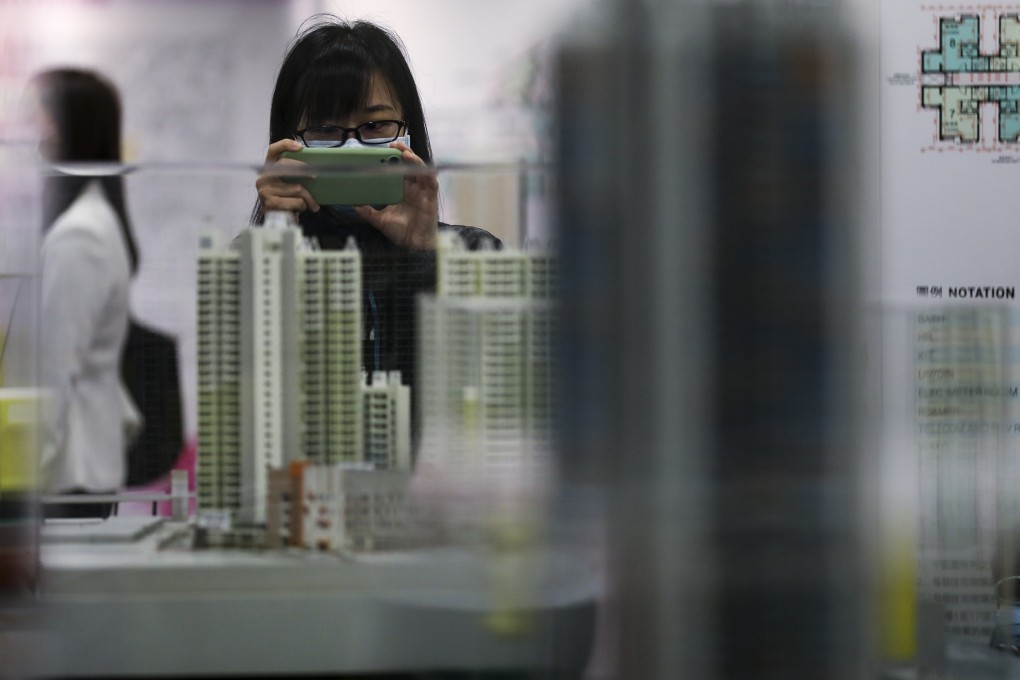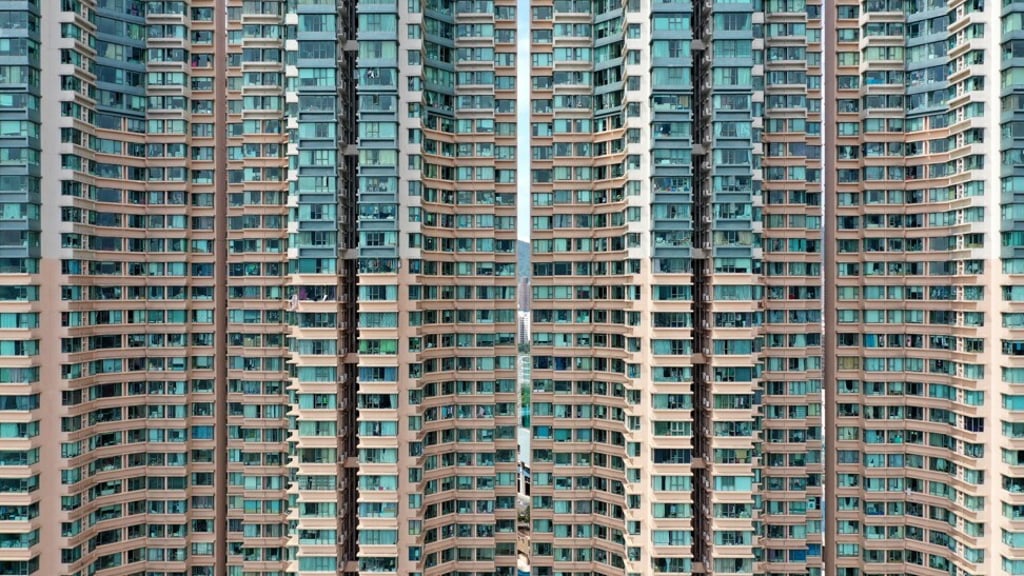Why unaffordable housing affects physical, mental health of Hongkongers
- High prices make it harder for people to afford necessities such as food and medical care, and this has an indirect effect on health
- Study is the first to look at relationship between housing affordability and health in Hong Kong, the world’s costliest housing market

Unaffordable housing has negative effects on the physical and mental health of Hongkongers, a large-scale study by local researchers has found.
High housing prices also make it harder for people to afford necessities such as food, clothing and medical care, and this has an indirect effect on health, according to the team from Chinese University.
It is the first study on the relationship between housing affordability and health in Hong Kong, which was ranked the world’s least affordable housing market for the 10th straight year in 2019. It would take 20.8 years, on average, to save enough money to buy a home in the city, according to the latest Demographia International Housing Affordability Survey.
“Income affects wealth, but there are other factors that affect well-being. Deprivation is more multidimensional ... and health is not just one-dimensional too. People who have permanent illnesses are more likely to be affected by deprivation, for example,” said Wong Hung, associate professor of social work at CUHK.
In conducting studies on inequalities in health, deprivation as a form of social inequality is a more important factor than just wealth, according to the researchers.
